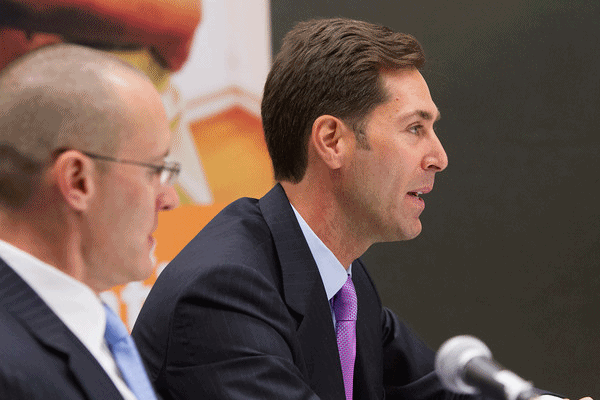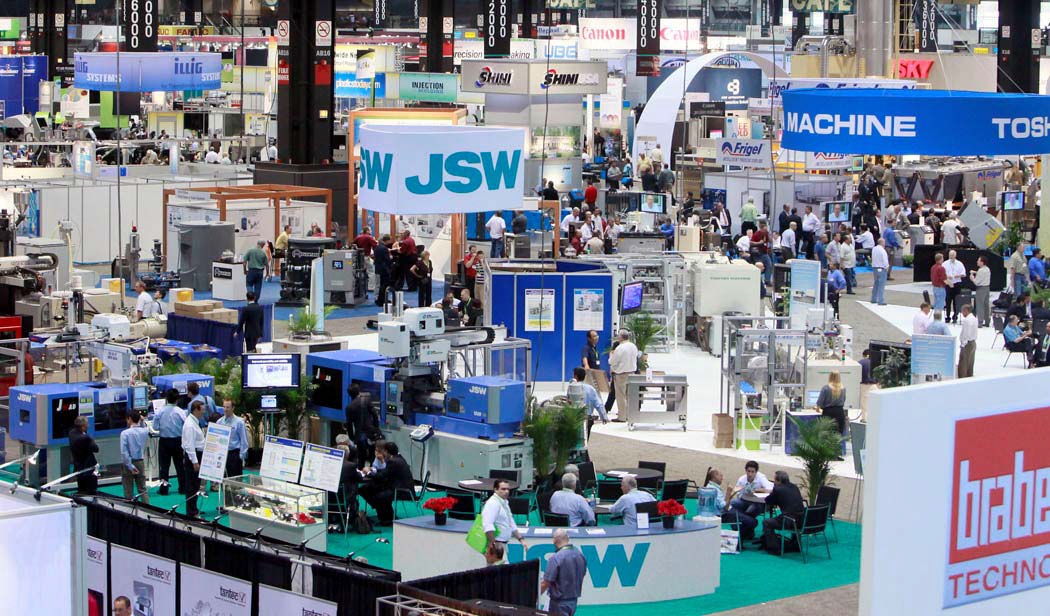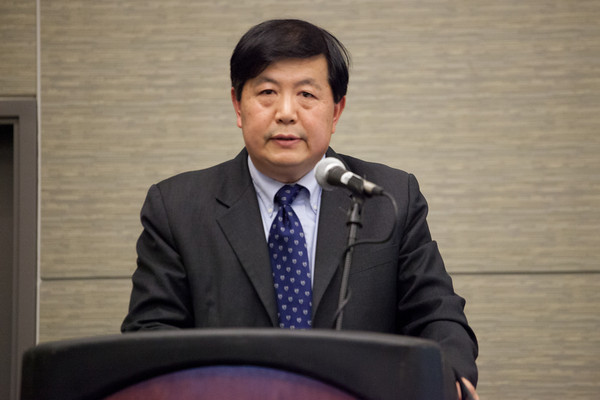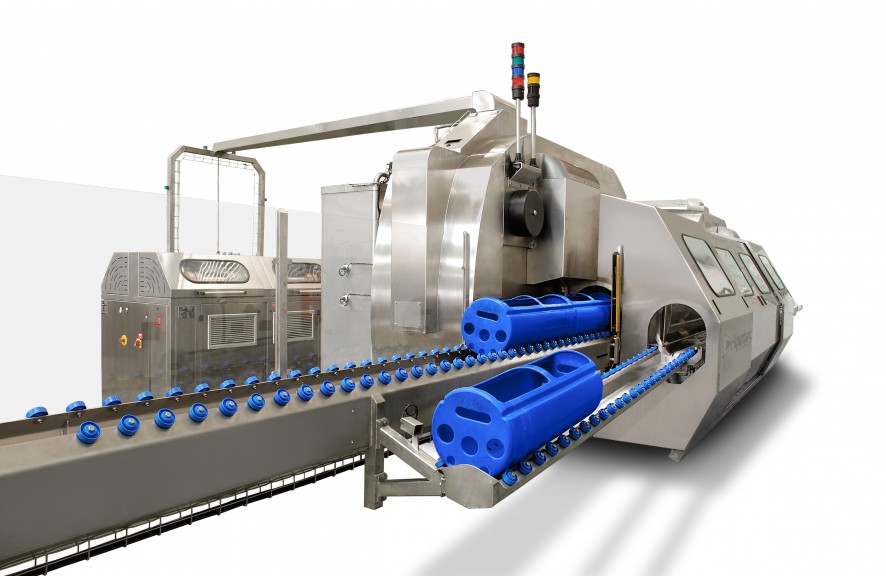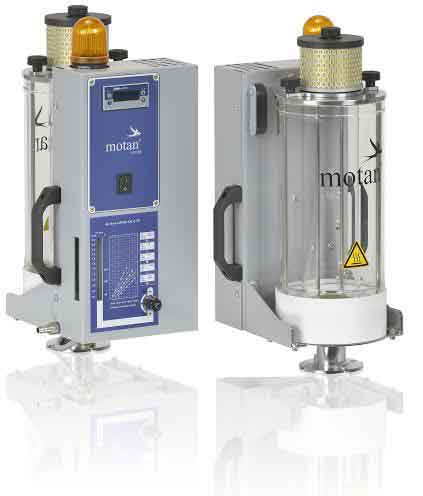Officers of the Advanced Medical Technology Association opened Advamed 2012 in Boston this week with guns blazing at the federal excise tax on medical devices scheduled to take effect Jan. 1.
They said they endorse a third-party report that 43,000 jobs could be lost due to 2.3% excise tax, which is being implemented to help fund the Patient Protection and Affordable Care Act of 2010, often referred to as “Obamacare”. That’s out of a total of 400,000 directly employed my medical device manufacturers in the
United States. That’s almost 11% of the workforce. That’s either catastrophe or hyperbole. To emphasize the scale of the tax, David Dvorak, chairman of Advamed and CEO of Zimmer Holdings (Warwick, IN) told reporters that it represents a $15,000 cost per every one of its U.S. employees. “There is no doubt that this is a job killer in the United States,” he said. The tax also represents 20% of what Zimmer re-invests in research and development annually.
Is this lobbying or a real assessment?
A reading of Zimmer’s 2011 10-K annual report filed earlier this year with the Securities and Exchange Commission may offer some insights. Public companies are required to report risk factors that could cause results to differ from their expectations. Zimmer, a major producer of knee and hip implants, lists 21 risk factors. In the seventeenth position is health care reform, one facet of which is the excise tax.
First in the list of risk factors are potential consequences if Zimmer fails to comply with the five-year old Corporate Integrity Agreement (CIA) with the Office of Inspector General of the Department of Health and Human Services. Second on the list is a Form 483 notice issued by the FDA last year that “identified certain inspectional observations regarding the (Warsaw, IN) facility’s quality systems.”
And so on until we get to the seventeenth item. The Zimmer statement begins: “As the 2010 U.S. healthcare law continues to be phased in, we believe the law will have an impact on various aspects of our business operations.” The excise tax will have an effect as will provisions requiring Medicare to spend money more wisely. Zimmer also states: “The level of difficulty in terms of complying with the medical device tax will depend on the regulations put forth by the U.S. Department of Treasury… Accordingly, while it is still too early to fully understand and predict the ultimate impact of the law on our business, ongoing implementation of this legislation could have a material adverse effect on our results of operations and cash flows.”
It seems like Zimmer is giving a different version of events in its on-the-record disclosures to the financial community than it is as part of its lobbying campaign with Advamed. The risk factors also describe the potential impact of declining global economic conditions and efforts by hospitals to buy as part of purchasing consortia that are driving down costs using strategic sourcing principles.
At the opening press conference at Advamed 2012, a reporter for Dow Jones asked Dvorak and Stephen J. Ubl, CEO of Advamed, if the excise tax is being used as a “scapegoat” for several problems facing medical device manufacturers. The answer: no. The excise tax definitely needs heavy-duty amendments and quite possibly there may be better ways to raise funding for the Affordable Care Act. Let’s try to figure out what those specific possibilities are rather than engaging in exaggeration.

